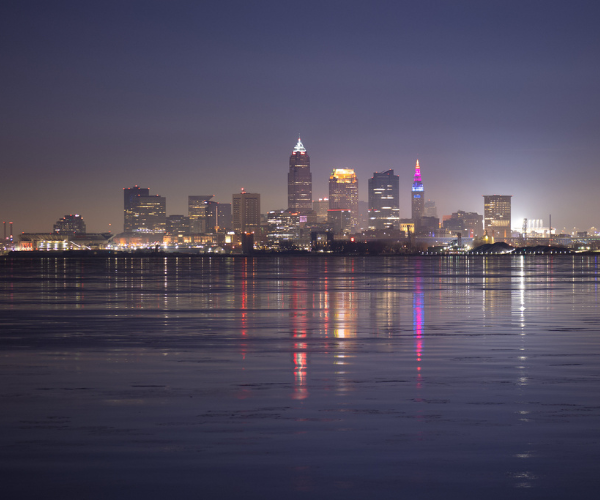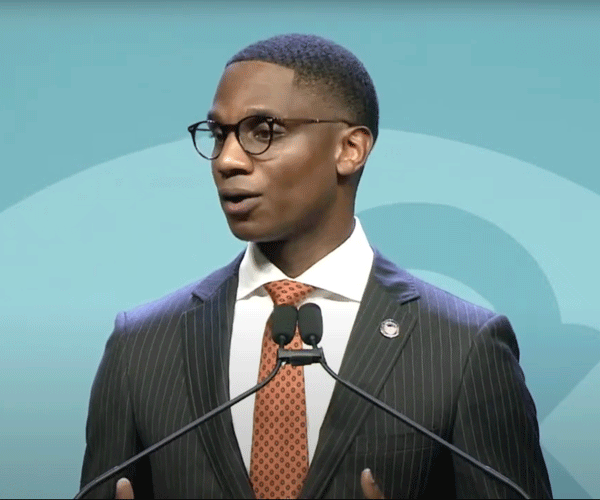“People back then were shocked by my photo because they thought I looked outrageous,” Mary Zunt recalls with a laugh. She was featured on the March 1974 cover of Cleveland Magazine smoking a huge cigar. The newly elected Cleveland city councilwoman was supposed to represent the cutting edge of women’s lib as part of a story titled “Women Who Could Be Your Boss.”
“I had to negotiate that shot with the powers that be at Cleveland Magazine,” she remembers. “They wanted me to wear a Bunce Brothers suit, a fedora and smoke a cigar but I said ‘no’ to the suit and hat. I didn’t want to appear too manly.”
After leaving city hall, she helped establish Cleveland’s PBS channel, WVIZ, started the construction company that built the first scoreboard at Jacobs Field, traveled to France to study winemaking, cooked at a monastery and helped migrant farm workers in California, where she lives today. The 68-year-old raised four children as a single mom, teaches a creative writing class at Napa Valley College and is halfway done with a novel.
“It’s been a wonderful life,” she says. “I’m delighted that our daughters have so many choices today, but I hope they appreciate what a tough road it was for us. Many men didn’t like us back then — and even a lot of women — but we’re here now and we’re not going away.”
“I had to negotiate that shot with the powers that be at Cleveland Magazine,” she remembers. “They wanted me to wear a Bunce Brothers suit, a fedora and smoke a cigar but I said ‘no’ to the suit and hat. I didn’t want to appear too manly.”
After leaving city hall, she helped establish Cleveland’s PBS channel, WVIZ, started the construction company that built the first scoreboard at Jacobs Field, traveled to France to study winemaking, cooked at a monastery and helped migrant farm workers in California, where she lives today. The 68-year-old raised four children as a single mom, teaches a creative writing class at Napa Valley College and is halfway done with a novel.
“It’s been a wonderful life,” she says. “I’m delighted that our daughters have so many choices today, but I hope they appreciate what a tough road it was for us. Many men didn’t like us back then — and even a lot of women — but we’re here now and we’re not going away.”



